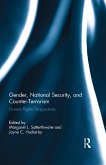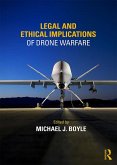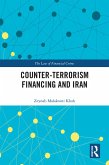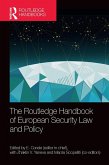As Ward Thomas details in The New Dogs of War, militias and paramilitary groups wield greater power than national governments in many countries, while in some war zones private contractors perform missions previously reserved for uniformed troops. Most ominously, terrorist organizations with global reach have come to define the security landscape for even the most powerful nations. Across the first decades of the twenty-first century we have witnessed a dramatic rise in the use of military force by these nonstate actors in ways that have impacted the international system, leading Thomas to undertake this valuable assessment of the state of play at this critical moment.
To understand the spread of nonstate violence, Thomas focuses on the crucial role played by an epochal transformation in international norms. Since the eighteenth century, the Westphalian model of sovereignty has reserved the legitimate use of force to states. Thomas argues that normative changes in the decades after World War II produced a "crisis of coherence" for formal and informal rules against nonstate violence. In detailed case studies of nonstate militias, transnational terrorist networks, and private military contractors, Thomas explains how forces contesting state prerogatives exploited this crisis, which in turn reshaped international understandings of who could legitimately use force. By considering for the first time all three purveyors of nonstate violence as aspects of the same phenomenon, The New Dogs of War explains this fundamental shift in the norm that for centuries gave states the monopoly on military force.
To understand the spread of nonstate violence, Thomas focuses on the crucial role played by an epochal transformation in international norms. Since the eighteenth century, the Westphalian model of sovereignty has reserved the legitimate use of force to states. Thomas argues that normative changes in the decades after World War II produced a "crisis of coherence" for formal and informal rules against nonstate violence. In detailed case studies of nonstate militias, transnational terrorist networks, and private military contractors, Thomas explains how forces contesting state prerogatives exploited this crisis, which in turn reshaped international understandings of who could legitimately use force. By considering for the first time all three purveyors of nonstate violence as aspects of the same phenomenon, The New Dogs of War explains this fundamental shift in the norm that for centuries gave states the monopoly on military force.
Dieser Download kann aus rechtlichen Gründen nur mit Rechnungsadresse in A, D ausgeliefert werden.









